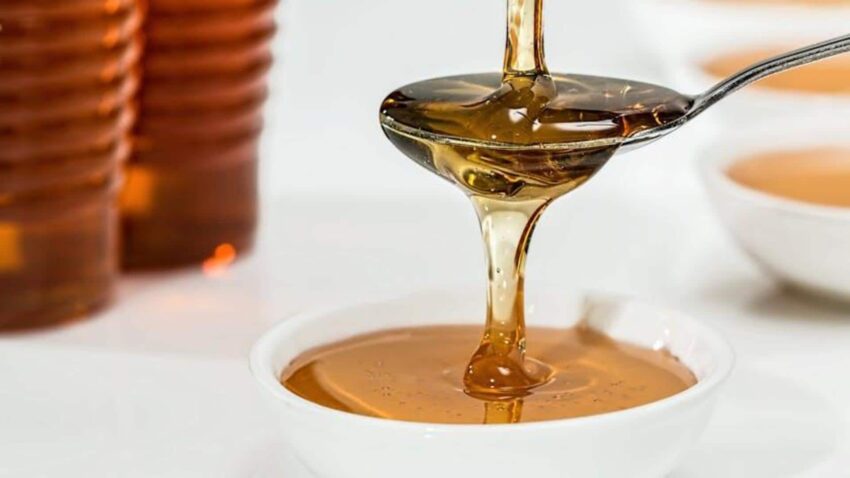**Is Honey Really Healthy? Debunking Common Myths**
*By Simran Jeet | Sep 18, 2025, 06:01 PM*
Honey has been revered for centuries as a natural sweetener and health booster. However, many myths surrounding honey consumption have led to misconceptions about its benefits and uses. In this article, we debunk five of the biggest myths about honey to help you make informed decisions about including this golden nectar in your diet.
—
### Myth 1: Honey Is Always Healthier Than Sugar
Honey is often marketed as a healthier alternative to sugar because it is a natural product and contains added nutrients. While it does have trace amounts of vitamins and minerals, these are present in very small quantities and do not significantly impact nutrition.
Both honey and sugar contain similar calorie levels. The main difference lies in how they affect blood sugar. Honey has a slightly lower glycemic index compared to refined sugar, which may cause a slower rise in blood glucose levels. However, this difference is modest, so moderation is key regardless of which sweetener you choose.
—
### Myth 2: All Honey Is Created Equal
Not all honey is the same in terms of quality and nutritional value. Raw honey retains more nutrients, enzymes, and antioxidants compared to commercial, processed varieties that undergo pasteurization and filtration. These processing steps can reduce honey’s beneficial components.
Additionally, some commercial honeys may be adulterated with syrups or other additives, compromising their purity. To get the most health benefits, opt for raw or minimally processed honey from reputable sources.
—
### Myth 3: Honey Never Spoils
Many believe honey never spoils due to its natural preservative properties. While it is true that properly stored honey can last indefinitely without going bad, it may crystallize over time.
Crystallization is not a sign that honey has spoiled; it simply changes the texture. This can be reversed by gently warming the honey jar. Changes in color or flavor may also occur but do not necessarily indicate spoilage.
—
### Myth 4: Consuming Local Honey Cures Allergies
The popular belief that eating local honey can cure allergies stems from the idea that ingesting local pollen helps build immunity. However, scientific support for this claim is limited.
Most allergy-causing pollen comes from trees and grasses, not the flower pollen bees collect to produce honey. Therefore, eating local honey is unlikely to provide significant relief from seasonal allergies.
—
### Myth 5: Darker Honey Is More Nutritious Than Lighter Varieties
It is often thought that darker honey is more nutritious because it contains more antioxidants than lighter honeys like acacia or clover. While darker honeys generally have a slightly higher antioxidant content, the difference mainly depends on the floral sources bees visit.
Overall, both dark and light honeys offer similar nutritional benefits, and the variations are subtle.
—
**Conclusion**
Honey can be a delightful addition to your diet, offering a natural source of sweetness with minor nutritional benefits. However, it’s important to understand the realities behind common myths to avoid overestimating its health impact. Choose raw, high-quality honey when possible, and enjoy it in moderation as part of a balanced diet.
https://www.newsbytesapp.com/news/lifestyle/five-myths-about-honey-consumption-debunked/story
